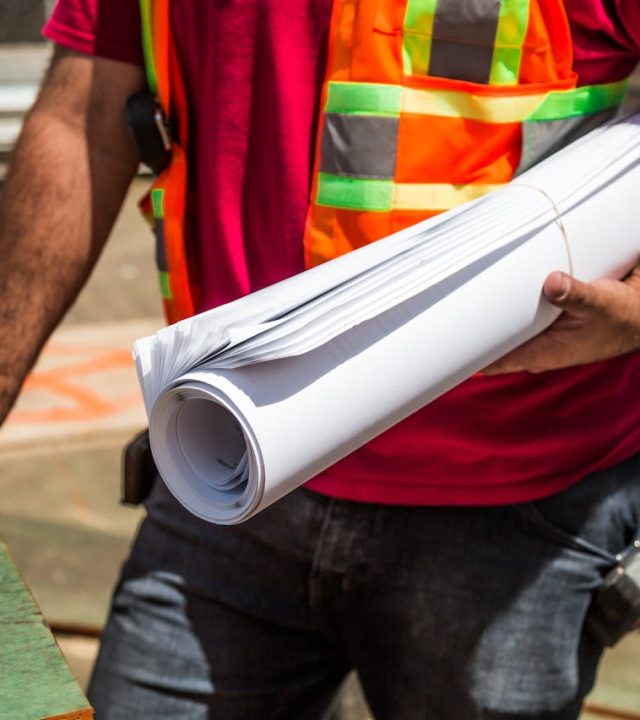A Guide to Contractor Bids
Choosing a contractor for your construction or remodeling project is a big decision that can either make or break your goals. It’s challenging to keep costs down while also making sure the work is perfectly done. But don’t worry; this guide will help you make smart choices in your next job by evaluating the most crucial parts of contractor bids.
Understanding Contractor Bids
A bid from a general construction contractor is more than just a number; it’s a complete list of the costs, schedules, materials, and labor that will be needed to finish your project. It’s important to look for clarity and completeness when reviewing bids. A well-written bid shows that a contractor is reliable, which sets the stage for a good working relationship.

Comprehensiveness
Ensure the bid covers all project aspects from the cost of supplies to the cost of labor to avoid surprises along the way.

Transparency
Look for clear explanations of all costs to manage your budget effectively and prevent unexpected expenses.

Communication
Choose a contractor who is open to discussing and clarifying their bid, prioritizing clear communication, and keeping you up to date at all times.

How to Assess Quality in a Contractor Bid
To judge the quality of a contractor’s bid, you need to carefully review their credentials, past work, together with the products and methods they want to use. Here’s the right way to do it:
- Credentials and References: Verify the contractor’s reliability and skill through their credentials and references. A solid track record and positive references are signs of good work.
- Past Work and Reviews: Evaluate the contractor’s portfolio and feedback to gain insight into their work quality and client satisfaction.
- Materials and Techniques: Make sure the bid outlines all the materials and techniques to be used and check if the contract’s approach aligns with your preferences.
Comparing Bids Without Compromising Quality
When considering bids, price is important, but it shouldn’t weigh more than the other factors. To make sure you get quality without sacrificing, do the following:
Price Analysis
Look beyond the price alone. Consider the overall value of each bid. Remember, the cheapest option may not always meet your needs.
Value for Money
Evaluate what each contractor can bring to the table. Consider factors like product quality, estimated project duration, and additional services. Choose the option that offers the best value for your money.
Negotiation Tips
Don't hesitate to discuss improving terms without compromising quality. Negotiating changes to the contract, payment schedule, or scope of work can lead to a more favorable agreement for all parties involved.
Red Flags to Watch Out For
Despite all these efforts, keeping an eye out for red flags that could mean serious problems should not be overlooked. Here are some signs you should avoid:
- Significantly Lower Prices: Watch out for deals with prices much lower than others. While it might be tempting, extremely cheap prices may indicate low-quality materials or services, leading to subpar results.
- Vague Descriptions: Beware of bids lacking clear project scope and pricing details. Incomplete information may be a sign of poor planning or attempt to hide issues.
- Lack of a Detailed Timeline: Be cautious with bids lacking a detailed project timeline. Without a clear plan, delays and misunderstandings are more likely to happen, which can lead to increased costs and stress.

Making the Final Decision
Ultimately, your choice should be based on a mix of things, such as price, quality, and your gut feeling. Spend some time looking over each bid carefully, and then choose the contractor whose work fits your needs and goals the best. Don’t forget that the end goal is to do the job right, not just finish it.
Finding the right balance between cost and quality is hard, but it’s necessary for your construction project to be a success. By following this advice when reviewing contractor bids, you can make sure the whole process goes smoothly and to your satisfaction.
